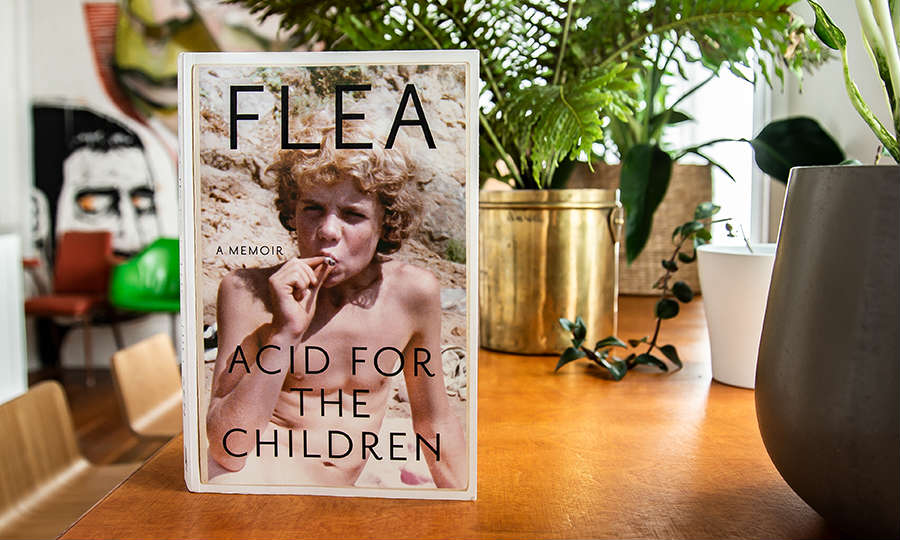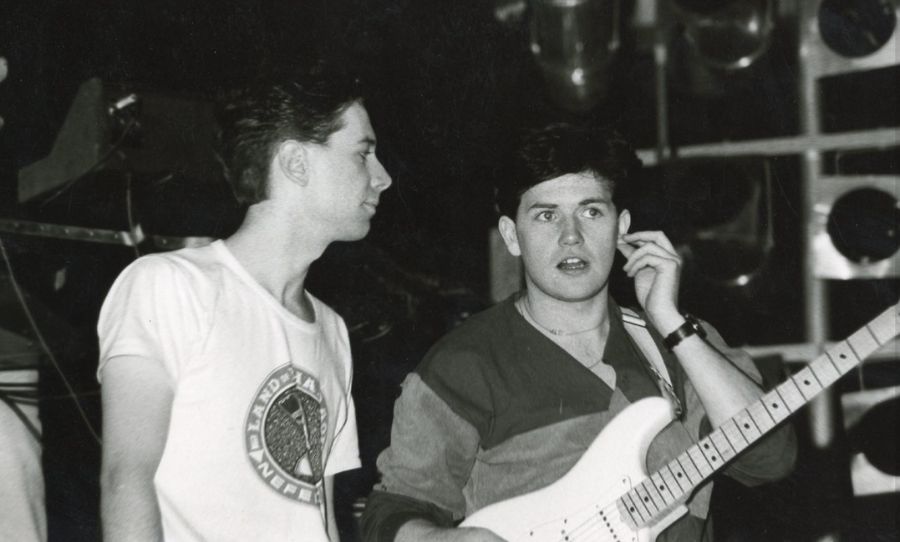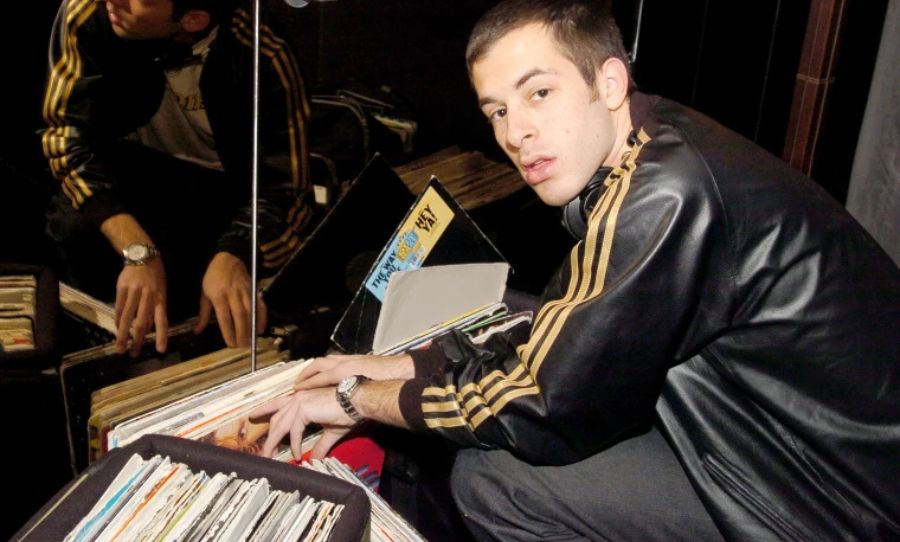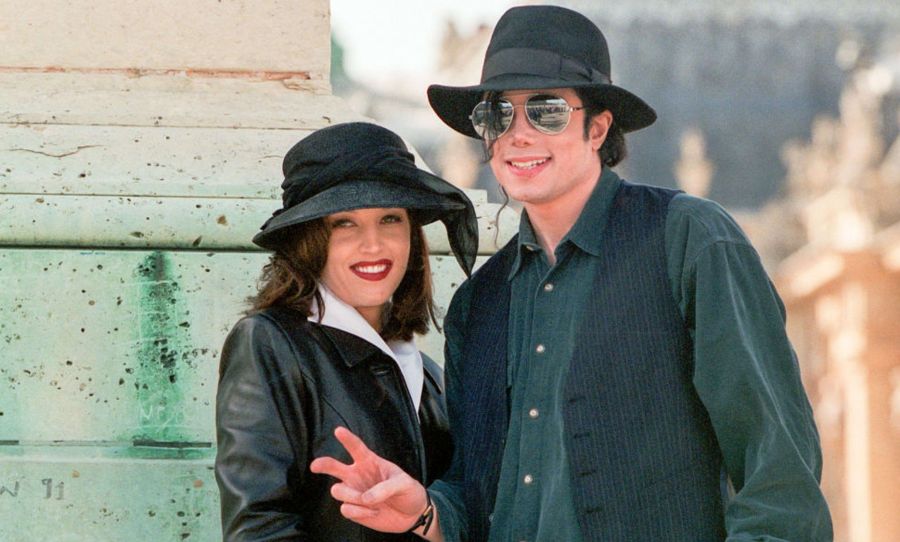Is Acid for the Children as good as Scar Tissue? No. It’s nothing like it. Flea is assuredly aware of the magnificence of Anthony Kiedis’ autobiography and has not set out to topple his soul brother.
For someone who hasn’t always had a microphone, Flea’s voice rings clear and true in his first memoir, Acid for the Children. Chronicling his eccentric, pain stricken childhood Michael Balzary (aka Flea) draws upon a potent source of emotional upheaval, injecting his voice with a dose of poetic playfulness, and conversational expedience.
Acid for the Children is a jazz-induced, poetic insight into the formative years of one of the world’s greatest bass players. From a confused, outsider child to one of LA’s most outspoken punk rock figures, Flea’s journey is one of tender intentions and raw musical dedication.
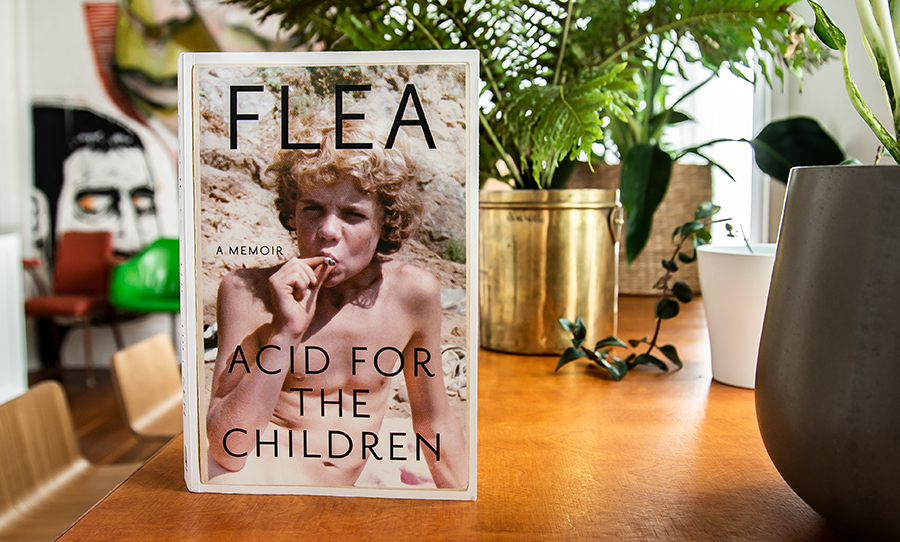
Flea’s tender, lyrical voice makes Acid for the Children a poetic delight. The tale chronicles his formative years, brutal determination, and rise to power.
Flea makes it very clear from the outset that this is not a story of rock glory. He’s not at all concerned with crafting some great romantic painting of a zeus-like deity sitting atop Mt. Olympus, lightning bolt of heroin in hand. Flea’s tale is rather one of strong emotional and spiritual undertones. The reflections of a deeply sensitive soul; Flea explores his upbringing in short, cleverly titled anecdotes rather than contorting his life into chapters.
This exploration of memory as a conduit to one cohesive structure is a far more natural and indeed human way to recollect one’s life. The memories are all tethered by Flea’s eternal innocence and dedication to the universal power of music, compassion and love. These are the truths that drive him on and keep him grounded throughout his junkiedom and evident jackassery. Flea is a humble narrator and never shies from his low moments, instead confronting them head on and drenched in humility.
Flea’s poetic chops are at times intense and beautiful and at others lulled in ebullient reverie, however they never feel overstated or excessive.
Acid for the Children is primarily focused on Flea’s childhood and its intrinsic grief, poverty, and awakenings. The Melbourne born bass prophet has always considered himself an outsider, never feeling at home within the human dogma explaining, ‘these hours spent with imaginary friends was god speaking to me, and if that’s all the god there is, that’s enough.’
These eternally innocent revelations are splashed throughout Flea’s tale – even in his most crazed drug binges – painting him as a sensitive and yearning soul.
From reading Hunter S. Thompson‘s Hell’s Angels at the age of 10 to fervently deifying the works of Charlie Parker and Art Blakey, Flea was an existential and cultured artist before he even picked up the bass.
The first time Flea saw live music was in the form of his alcoholic, violent-tempered stepfather, Walter. Their family was throwing an ethnically diverse party in their New York basement:
“When Walter rocked his upright bass, he attacked it with a primal intensity that shook me. Every time. He wrapped his body around it like a boa constrictor squeezing the life out of a warthog in the jungle”
“I’ve sen a lot of amazing jazz bass players perform since, including Ron Carter, Charlie Haden, Ray Brown, and John Patitucci. And though they were all superior in terms of thoughtful construction, harmonic invention, tone, and the melodic arc of a solo, never in my life have I seen anyone play a fast hard walking bass line with the driving intense swing of Walter Urban Jr. Of all the hardcore punk rock bands I later saw, where much blood was shed and tortured teen angst expressed in artistic and original ways, none of them could match the dark depths of his feral intensity either. Walter got gone. I was blasted to the stratosphere nanosphere any fucking sphere, Thelonius Sphere Monk! Walter was a madman. I fell in love with a madman.”
Music to Flea is a supremely powerful, and deeply spiritual purpose and is a constantly combustable proponent for his eccentric, poeticism leading to moments of true personality on the page, see below:
=+=+=+=+=+******_fuck!______– ? >>>>><<<<< +=+=+++====++==+
My god, they invented the Sony fucking Walkman! Can you imagine holy fuck! Oh how we fucking marvelled! After you smoke a spliff, you can walk to Tree’s house
for a bowl of beans, put on the headphones, and trip down the street blasting Coltrane into the centre of your fucking brain! We couldn’t fucking believe it.
::::++++++++::::+++++++++++::::###????:”:”:”^^^^^^+=!
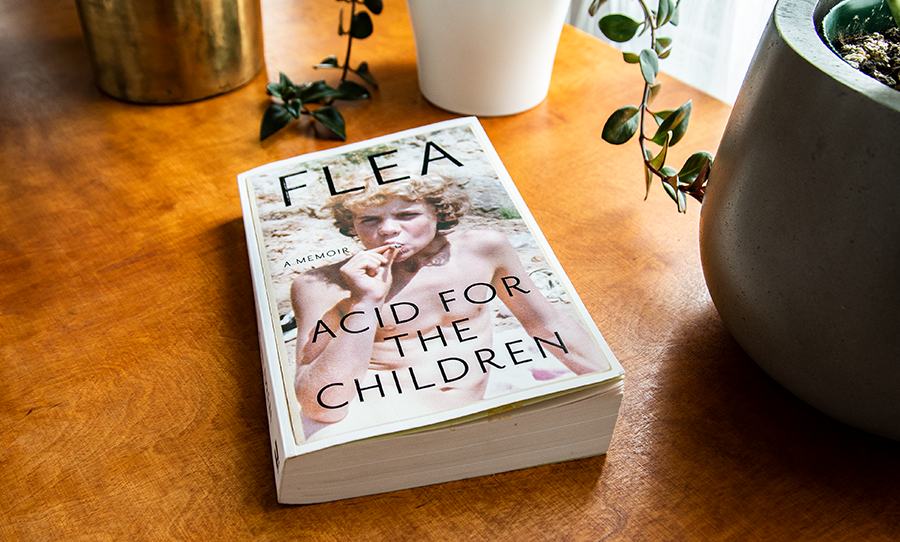
Through it all, Flea’s seamless flow of childhood remembrance is a thoroughly interesting and endearing read. Climaxing with his induction into prominent L.A. punk band FEAR it soon becomes clear that Flea is one of the best bass players in town.
Indeed there is a Volume Two on the way. The acid was only for the children and it will kick off just after the first show of Tony Flow and the Miraculously Majestic Masters of Mayhem (early Chili Peppers). The memoir also rounds out with some tasteful lists of Flea’s favourite all time albums, books, films, and concerts which is a nice touch.
Flea wrote the entire book himself and his voice never falters from the flamboyant, witty and lyrical standard it sets for itself. A new and exciting voice in modern music literature, Flea has outdone himself on Acid for the Children, and will no doubt topple his dreamlike escapades in Volume Two.
Acid for the Children is out now via Hachette.
